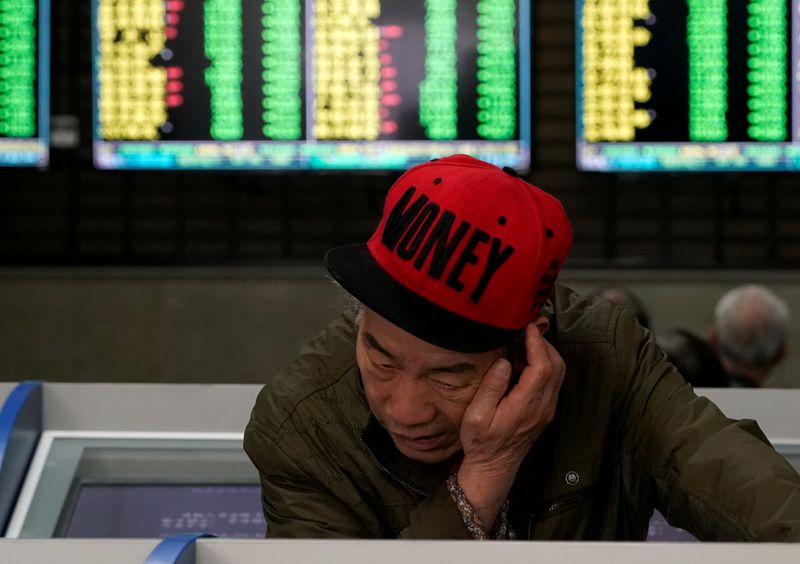By Kane Wu
HONG KONG (Reuters) - China's outbound mergers and acquisitions (M&As) clocked their weakest year in a decade in 2019, as an escalated U.S.-China trade war and tightened regulatory scrutiny of Chinese companies impacted appetite for overseas dealmaking.
Chinese acquirers announced $41 billion in outbound deals this year, nearly halving from 2018 and less than a fifth of the 2016 peak, showed data from Refinitiv. The number was only slightly higher than 2009 when dealmaking plunged after the financial crisis.
Outbound deals into the United States dropped 80% this year from last to $2 billion.
The fall came in a year in which the U.S. Committee on Foreign Investment, which reviews deals by foreign acquirers for potential national security risks, started to retrospectively review deals. That led to Chinese firm Kunlun selling gay dating app Grindr due to fears surrounding data security.
"The top concern of Chinese investors is potential geopolitical pushback," said Yuxin Shen, a Beijing-based M&A partner at law firm Freshfields Bruckhaus Deringer. "Unless there is a compelling reason, we don't see much Chinese interest in U.S. assets these days."
At home, Chinese companies - which used to borrow heavily to fund overseas purchases - are under pressure to cut debt as economic growth slows and capital controls remain tight.
Fitch Ratings in December said a record 4.9% of private issuers of onshore bonds had defaulted on payments in the first 11 months of 2019. Capital controls have also made it difficult for mainland firms to pay off offshore debt.
HNA Group Co Ltd [HNAIRC.UL], once China's dealmaking champion, has been shedding assets to pay off debt, while Shandong Ruyi Woolen Garment Group Co Ltd (SZ:002193), which bought a series of overseas fashion brands in recent years, is also struggling to refinance debt piled up from acquisitions.
Overall, deals involving Asia-Pacific firms worldwide fell to $1.06 trillion from $1.4 trillion in 2018.
Bankers expect Chinese state-owned companies to play a major role in dealmaking next year, with interest seen in traditional sectors such as mining and infrastructure.
Divestment by multi-national companies and corporate restructuring could also bring more deals within China, bankers said.

"The biggest issue in China is uncertainty which makes investors reluctant to make big commitments and assets hard to price," said Jonathan Zhu, a managing director at buyout firm Bain Capital. "We will likely see more domestically driven M&A activities in China next year, but fewer cross-border deals."